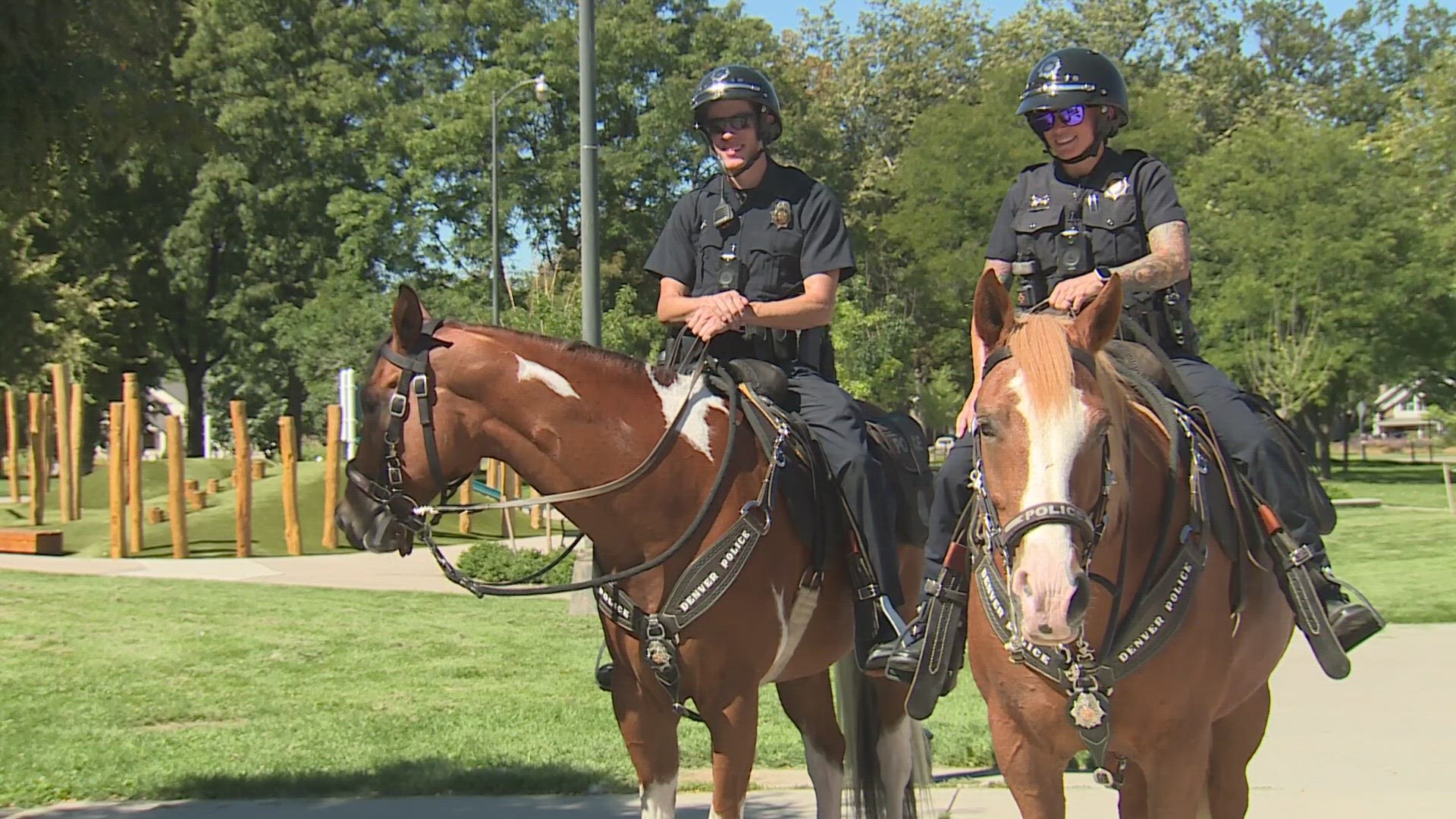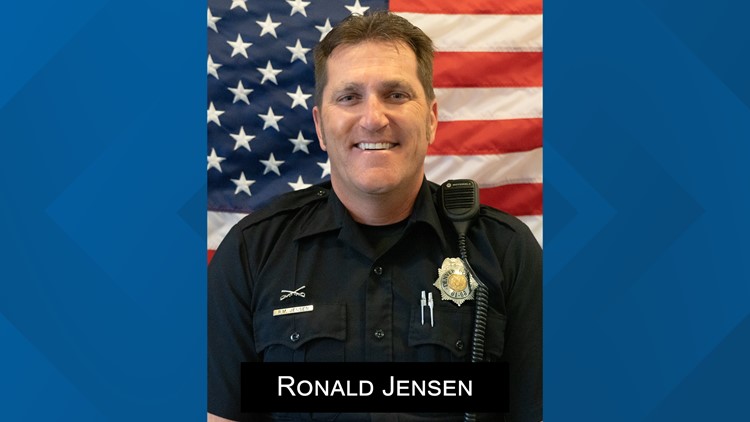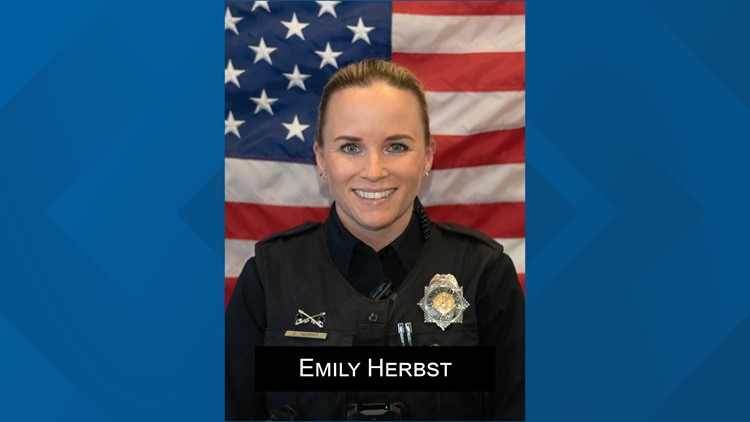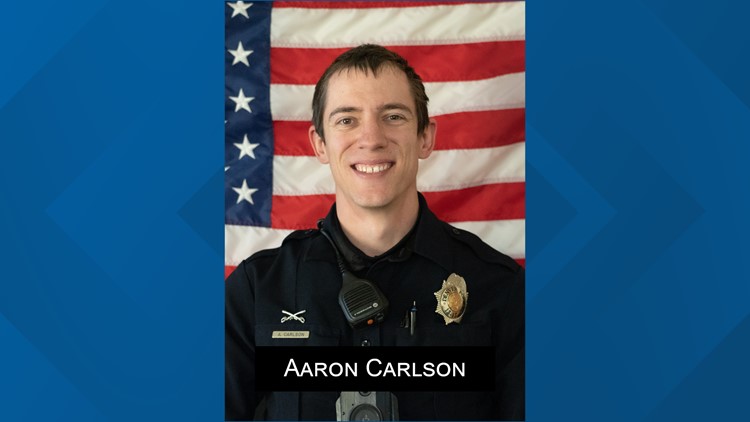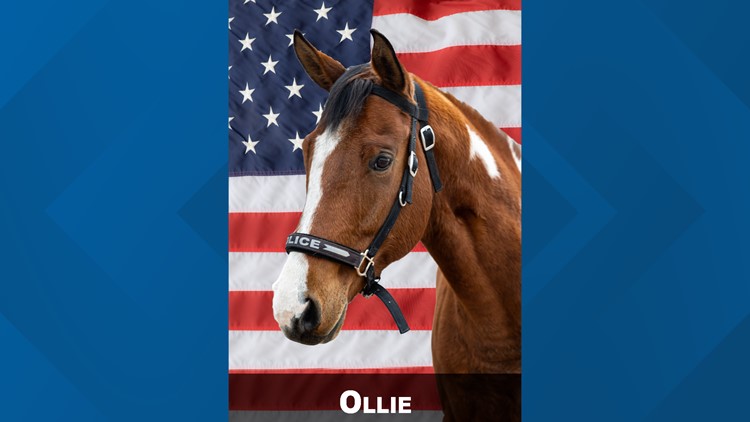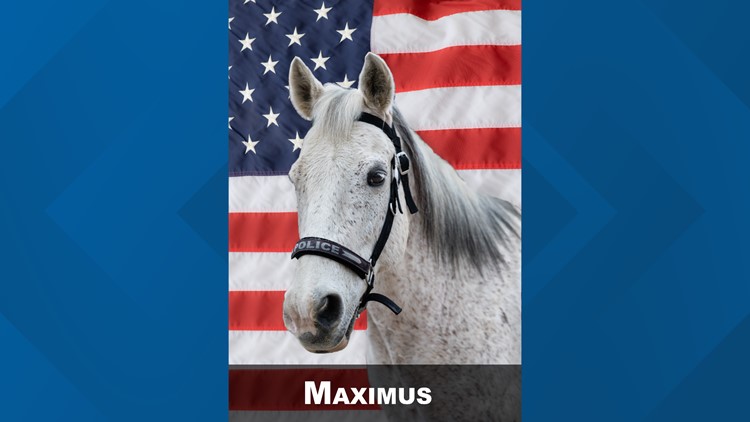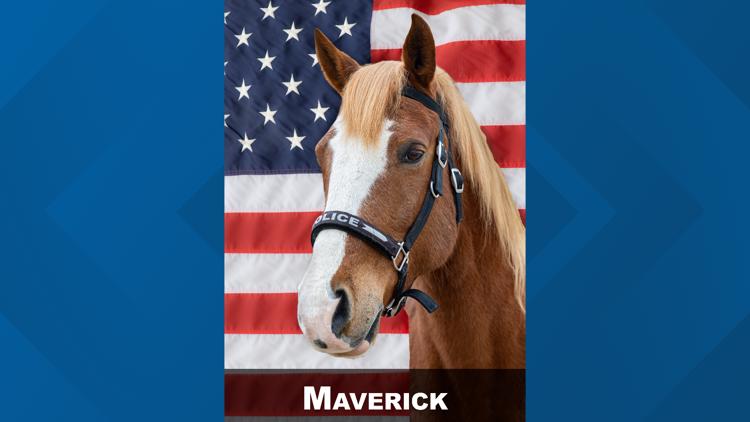DENVER — Up until the 1930’s, a cop on a horse was an unremarkable sight.
However, once the use of cars and motorcycles became widespread, horses became obsolete. Although it’s now a rare sight to see, the position still exists today.
9NEWS sat down with the Denver Police Department (DPD) to learn more about what role a police horse plays in the 21st century.
Denver is home to the state’s last remaining full-time Mounted Patrol Unit. It’s made up of only seven members, three humans and four horses.
One of those seven members is Officer Emily Herbst. Her partner is a 13-year-old wild born mustang named Maverick. Just like Herbst’s human colleagues, Maverick is a certified police officer, badge and all.

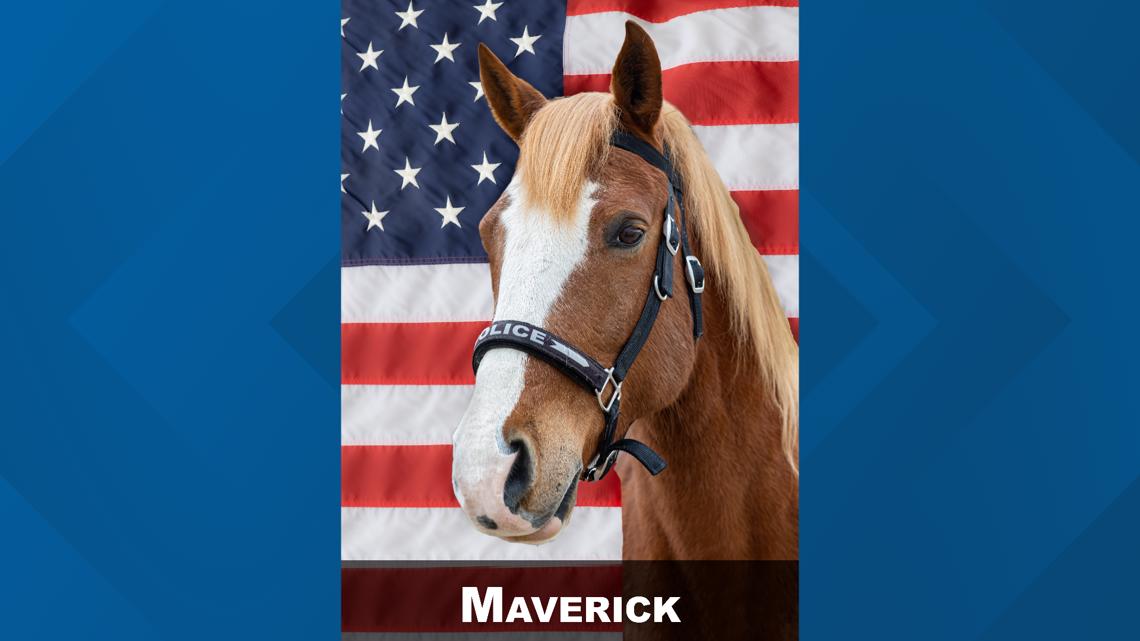
The team shared that the unit’s a tough one to join. There are very few spots and lots of officers hoping to be part of it.
Officer Ron Jensen spent over a decade holding out hope for the role. His chance finally came about five years ago. “After 18 years of being a police patrol officer, I finally got my shot, got training, and the stars aligned, and I made it,” he said.
The unit’s newest member, Officer Aaron Carlson, said there’s a lot to learn once you start. “It’s almost like switching to a whole new career. You’re riding for hours a day. You’re training constantly.”
Both humans and horses have a significant amount of training. The humans learn new terminology and the proper way to care for and handle horses. Jensen explained that the horses join the team already rideable, but “we fine tune them for what we need the horse to do. To go downtown, to go over scary objects like crosswalks, transitions from concrete to asphalt.”
There are multiple benefits a horse can bring to a police force. Denver’s unit explained that the biggest benefit is community engagement.
“You have certain individuals who may be apprehensive about approaching a police officer," Carlson said. "And a lot of that just melts away when people see these guys. It’s crazy.”
Meet Denver's Mounted Patrol Unit
Although it is a rare occurrence for the mounted patrol team, the horses are still used to fight crime. However, Jensen explained that responding to calls on a horse comes with its own set of pros and cons.
Unit members shared that being on a horse makes it take longer to get to where they’re needed, and they are unable to bring suspects back to the police station.
But the horses still bring some advantages. The animals can go places cars can’t and they come with an intimidation factor. “Being such a large animal, a lot of people will give up or not want to flee or fight," Jensen said. "Knowing we have the high ground, and we have a big animal there to support us.”
Members of the unit shared that the basics of being a cop on a horse are no different than it is for any other officer on patrol. They use the same techniques and procedures as any other cop.
However, they shared that there is one thing drastically different, the bond formed between partners.
“You anticipate it, but you don’t realize how strong the bond is with these horses until you go out in the city every day," Herbst said. "And they go into situations that horses don’t normally go in. But, because you build that trust and bond with them, they’re willing to do it. And they do it bravely, they do it willingly, and they actually enjoy their jobs.”
Members of the unit said it costs around six thousand dollars a year to take care of each horse on the team. Although the city pays for a portion of that cost, the rest is covered through the department’s donation funds. Anyone can make a contribution on the police foundation's website.
SUGGESTED VIDEOS: Latest from 9NEWS

